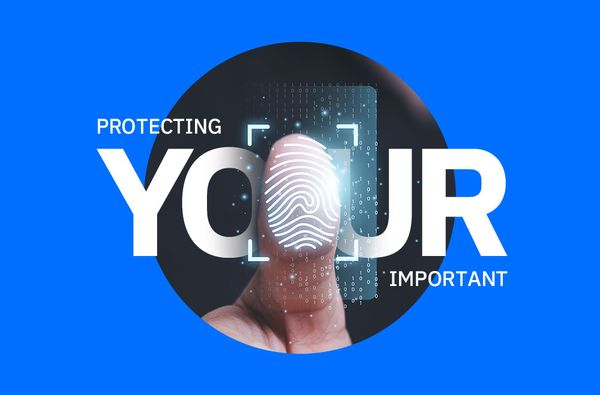Spammers Impersonate Billionaire Mackenzie Scott in New Giveaway Scam Campaign

As of last night, hundreds of scam emails purporting to come from Mackenzie Scott, the ex-wife of Amazon founder Jeff Bezos, are flooding inboxes of users in the US, according to Bitdefender Antispam Lab researchers.
The scam campaign, originating from Ukraine, may seem a futile attempt to dupe recipients at first. However, considering the media hype around the billionaire’s $8 billion in charity, some users might fall into the trap.
The scammers don’t use malicious attachments or links to steal recipients’ information, making the email appear harmless. They solely rely on the recipients’ gullibility and curiosity. It doesn’t matter if users are unaware of the most recent donations, totaling $2.7 billion. A basic internet query will confirm that Ms. Scott, one of the world’s richest women, has pledged to redistribute most of her wealth to charities and organizations.
“Hello, i’m Mackenzie Scott Ex-wife of Amazon founder and CEO, i’m donating $ 4 billion to charities, individuals, colleges across the Globe from Scott’s foundation, to provide immediate support to people suffering economically from COVID-19 pandemic,” the email reads.
“And you’re one of the lucky winners, i have a donation grant worth $ 100,800,000.00 Dollars for you, you can contact me for more information if you’re interested.”
Once again, fraudsters exploit the pandemic-induced economic downturn that has affected millions of individuals and businesses worldwide. However, this time, there are no lottery winnings or Nigerian princes to aid in your financial recovery, and the stars have not aligned in your favor.
Users who receive this email or similar ones should immediately delete it. Don’t engage in additional correspondence.
Usually, the scammers will ask you for personally identifiable information, including credit card or bank account numbers, for you to receive the alleged transfer of funds. The fraudsters may even send malicious links or ask you to download attachments that may infect your device with malware, further compromising your data.
Too-good-to-be-true offers such as this one are always a scam. Trust your instinct, and always question “charitable” acts that are so conveniently directed to you.
Note: This article is based on technical information provided courtesy of Bitdefender Antispam Lab
tags
Author
Alina is a history buff passionate about cybersecurity and anything sci-fi, advocating Bitdefender technologies and solutions. She spends most of her time between her two feline friends and traveling.
View all postsRight now Top posts
How to Protect Your WhatsApp from Hackers and Scammers – 8 Key Settings and Best Practices
April 03, 2025
Outpacing Cyberthreats: Bitdefender Together with Scuderia Ferrari HP in 2025
March 12, 2025
Streamjacking Scams On YouTube Leverage CS2 Pro Player Championships to Defraud Gamers
February 20, 2025
How to Identify and Protect Yourself from Gaming Laptop Scams
February 11, 2025
FOLLOW US ON SOCIAL MEDIA
You might also like
Bookmarks








